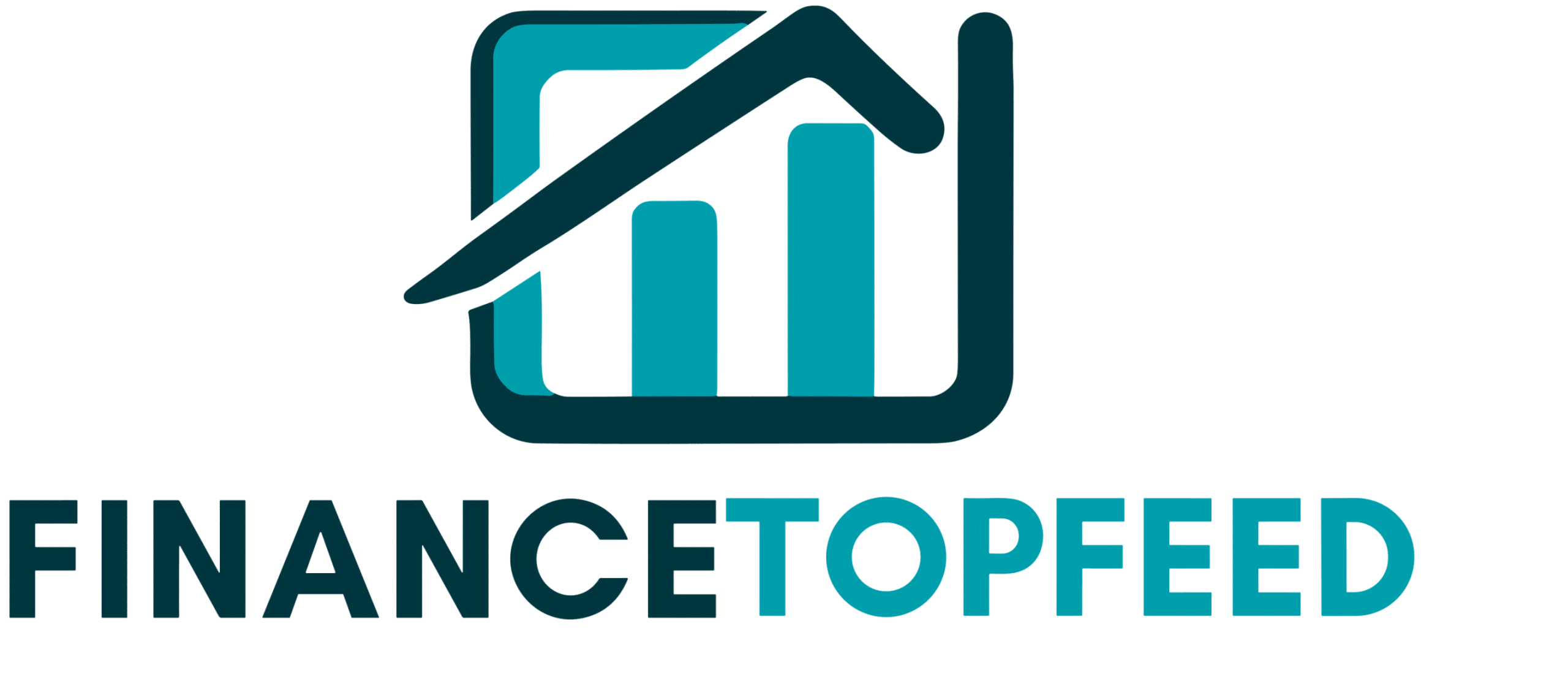Advertising
Living paycheck to paycheck isn’t always a result of low income — it’s often the result of poor budgeting habits. Many people earn enough to cover their needs and even save, but they lack the structure or awareness to manage their money intentionally.
The key to changing this lies not in dramatic financial overhauls, but in small, consistent habits that compound over time.
The truth is: smart budgeting doesn’t require cutting every pleasure or living on the bare minimum. It’s about optimizing your spending, understanding your habits, and being intentional with every dollar.
In this article, we’ll cover seven powerful budgeting habits that can help you save hundreds of dollars each month — without sacrificing the things that matter most.

1. Track Every Expense — Even the Small Ones
It might sound basic, but tracking every expense is one of the most powerful tools for building financial awareness. The problem is that most people only track large expenses — rent, bills, or loan payments — and ignore the little things. But those “little things” add up quickly.
Let’s say you buy a $4 coffee every weekday. That’s $20 per week, or roughly $80 per month. Now imagine adding a few snacks, rideshares, and streaming subscriptions to that list. You could be losing $200–$400 monthly without even noticing.
What to do:
Start by tracking every expense for 30 days. Use a spreadsheet, a notebook, or a budgeting app like Mint, YNAB (You Need a Budget), or EveryDollar. Categorize your spending and look for patterns. You’ll likely be surprised where your money is actually going.
Once you see the full picture, it becomes easier to reduce or eliminate spending that doesn’t align with your priorities.
2. Automate Your Savings First, Not Last
Most people make the mistake of spending first and trying to save “whatever is left.” But this almost never works. Life happens, unexpected expenses arise, and that leftover money tends to disappear.
Flip the formula: save first, spend second. This is called paying yourself first — and it’s one of the most effective financial strategies available.
How to do it:
Set up an automatic transfer from your checking account to a savings account the same day you get paid. Even $50 to $100 per paycheck adds up quickly. You won’t miss what you don’t see, and your savings will grow without effort.
This habit turns saving into a priority instead of an afterthought — and that changes everything.
3. Set Weekly Spending Limits Instead of Monthly Budgets
Monthly budgets sound smart in theory, but they often fail in practice. Why? Because 30 days is a long time to monitor spending. People tend to overspend at the beginning of the month, hoping to compensate later — but that rarely happens.
Solution: break your monthly budget into weekly limits. If your monthly food budget is $400, aim to spend no more than $100 per week. The same goes for entertainment, fuel, or shopping.
Why it works:
Smaller timeframes increase accountability and make it easier to stay on track. You’re less likely to overspend when you know you’ll check in again in just a few days. Plus, it’s easier to adjust in real time instead of waiting until the end of the month.
4. Meal Plan to Reduce Grocery and Takeout Costs
Food is one of the biggest budget busters. We all have to eat — but how we plan our meals makes a huge difference in what we spend.
Without a meal plan, we tend to:
- Buy random items we don’t use
- Order takeout when we’re tired or busy
- Waste ingredients that go bad before we use them
All of these things drain money fast.
The fix:
Take 15 minutes each week to plan your meals and create a grocery list. Base it on what you already have and what’s on sale. Batch cook meals or prep ingredients in advance so that dinner doesn’t feel like a chore.
Also, consider setting a “takeout limit” — for example, allowing only one restaurant meal per week. This habit alone can save hundreds per month while improving your health.
5. Cancel or Rotate Subscriptions You Don’t Use Enough
How many streaming services do you actually use? What about that meditation app you opened twice last month? Or the gym membership you keep “meaning” to use?
Recurring subscriptions are a silent drain on your finances. Because they’re automatic, you rarely think about them — until your bank balance runs low.
Action steps:
- Review your bank or credit card statements for all monthly charges
- Cancel or pause subscriptions you haven’t used in 30+ days
- Consider rotating services: subscribe to Netflix for 3 months, then switch to HBO, and so on
By being intentional, you can still enjoy your favorite content and services without paying for everything at once. This one habit could easily save you $30 to $100 per month.
6. Use Cash for Categories Where You Overspend
There’s a psychological difference between swiping a card and handing over cash. When you pay in cash, you physically feel the money leaving your hands — and that makes you more mindful about spending.
This strategy, often called the “envelope method,” is especially effective for categories where you tend to overspend: dining out, clothes, or entertainment.
How to apply it:
- Set a cash limit for the week (e.g., $60 for restaurants)
- Withdraw the money and place it in an envelope or wallet compartment
- When the cash is gone, that’s it — no more spending in that category
This simple system creates healthy boundaries and forces you to stick to your budget.
7. Review and Adjust Your Budget Monthly
Your budget is not set in stone. Life changes. Your spending needs change. Your income may fluctuate. That’s why it’s crucial to review and refine your budget monthly.
Don’t treat budgeting as a one-time task — treat it like a monthly checkup for your finances.
What to look for:
- Did you overspend in any category?
- Did you have any surprise expenses?
- Is there extra income you can allocate more efficiently?
- Which habits helped the most?
Take what you learned and adjust your budget accordingly. Improvement comes from awareness and iteration — not perfection.
Conclusion: Small Habits, Big Results
You don’t need to become a financial guru to take control of your money. All it takes is awareness, consistency, and a few smart habits. Each of the strategies above is simple — but powerful.
Tracking your spending, planning meals, reviewing subscriptions, and using weekly budgets can seem small on their own. But together, they create a financial safety net that supports your goals and reduces stress.
Start small. Choose one or two habits from this list and implement them this week. As you gain confidence, add more. Within a few months, you’ll likely notice a few hundred extra dollars in your account — and more peace of mind than you thought possible.
Your money should work for you — not the other way around.







